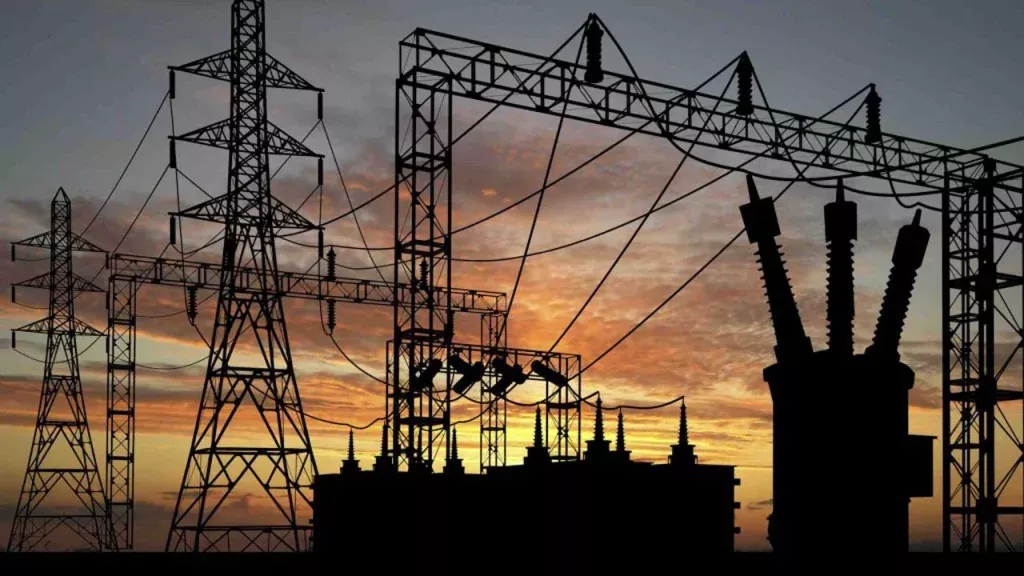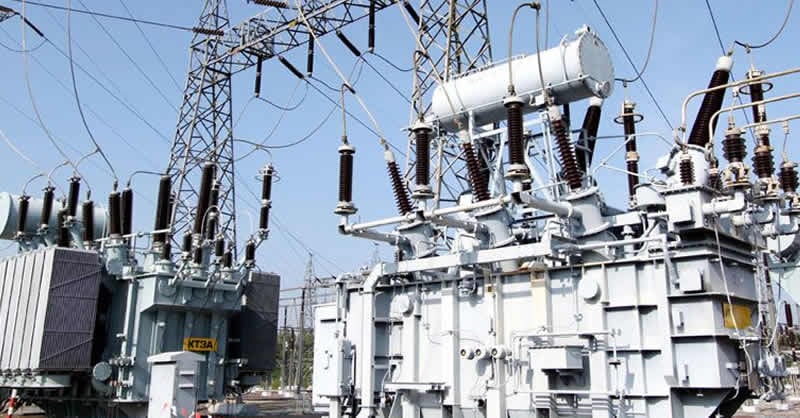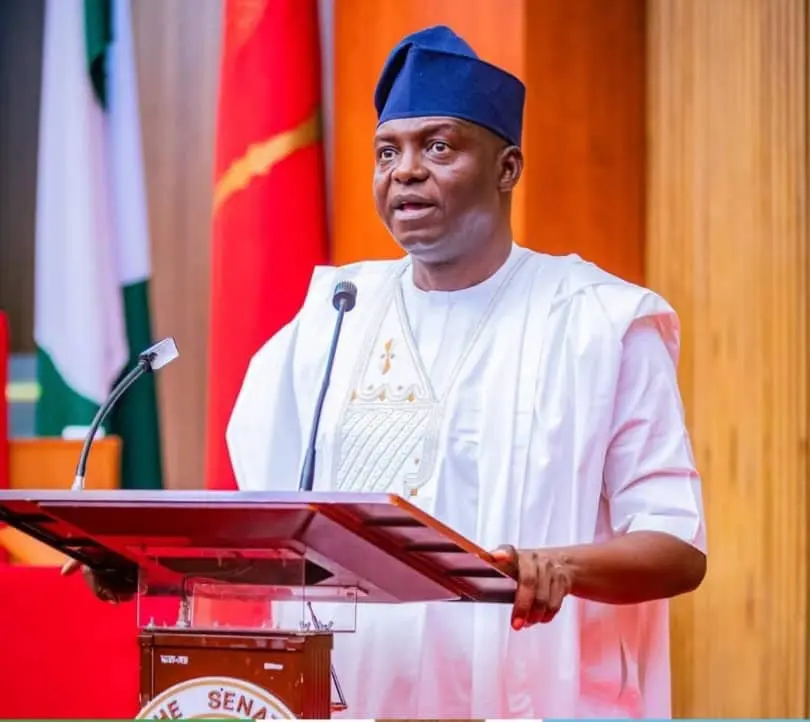Africa’s science and technology sector is underrepresented on Wikipedia, with less than one percent of the platform’s content covering these topics, despite the continent accounting for around 10 percent of Wikipedia articles. According to Anusha Alikhan, chief communications officer at the Wikimedia Foundation, only two percent of Wikipedia editors are from Africa, which complicates the issue given the platform’s massive global reach.
Between January and June 2025, Sub-Saharan Africa generated 178 million monthly page views on Wikipedia, but this consumption has not translated into African-led content creation. The lack of representation is significant, as Wikipedia has become a global reference point widely used by students, journalists, and artificial intelligence systems training on its vast datasets. For African science, being absent from this repository risks invisibility in emerging technologies such as AI.
The roots of Africa’s underrepresentation lie deep in the continent’s research systems, with Western knowledge dominating Africa through foreign-owned journals that do not favor knowledge from the continent. Job Mwaura, research associate in cultural anthropology at the Ludwig Maximilian University of Munich, Germany, notes that the failure of many governments and universities to fund research adequately has weakened African voices in global knowledge.
To address this issue, Cameroonian engineer and Wikipedia editor Eugene Agbor Egbe has trained over 1,000 engineers from five African countries to contribute articles highlighting African innovators and scientific breakthroughs. Egbe argues that Africa’s contribution to Wikipedia is not just about representation, but survival in the AI age. With Wikipedia hosting 18 African-language editions, African researchers could harness these editions to reach local communities, and the platform’s Kiwix software allows offline access in areas without reliable internet.
Despite earlier concerns about Wikipedia’s credibility, the platform has become part of the global knowledge infrastructure, with communities and renowned scientists contributing credible, referenced material. The need for African scientists to contribute to the platform is urgent, as Egbe notes, “Africa cannot afford to sit back and consume knowledge created elsewhere.” By becoming contributors, African scientists can ensure that the continent’s science and technology sector is represented in the digital archive of human history.



